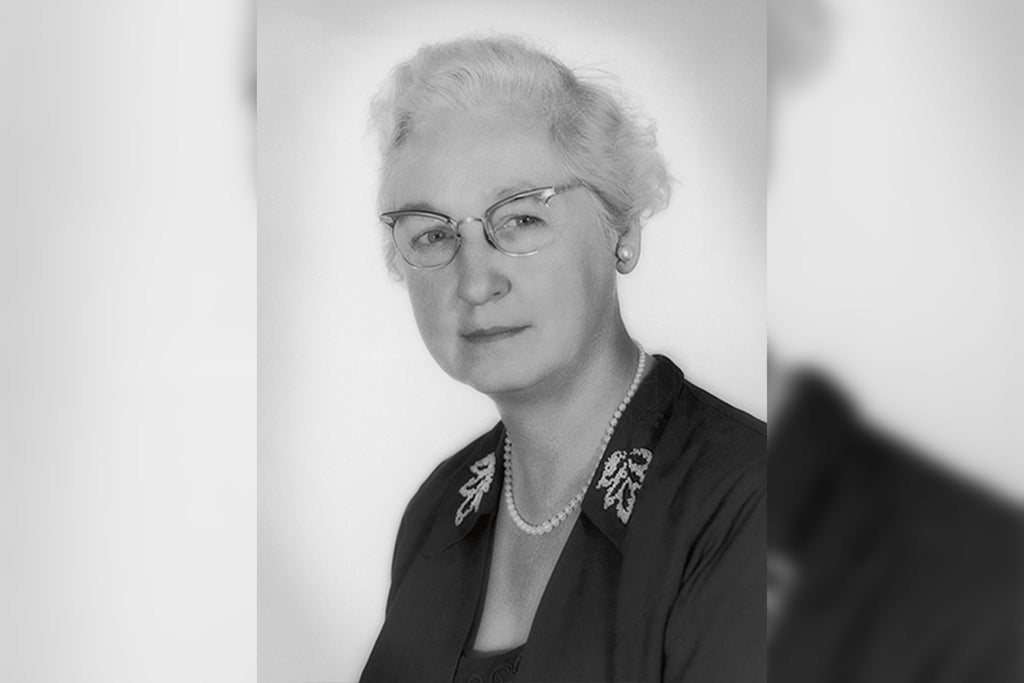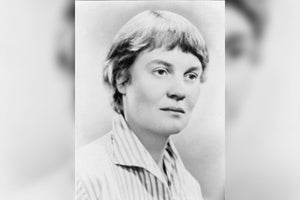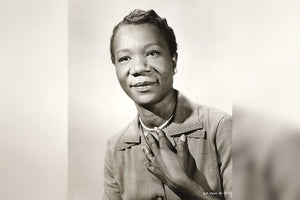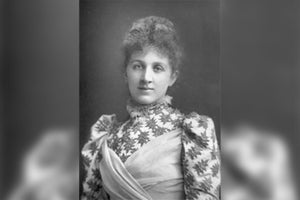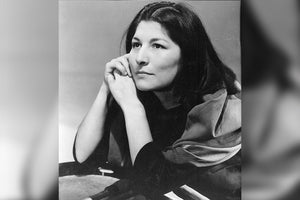Birthday: June 07, 1909
Who was Virginia Apgar?
Virginia Apgar was the person behind the Apgar Score System. It is a method that tests an infant's health and well-being shortly after birth to see if the newborn needs immediate necessary intervention quickly. She was an American obstetrical anesthesiologist, physician, and medical researcher.
Top Five Facts about Virginia Apgar
- She revolutionized pediatrics health care by introducing the Apgar Score System.
- She was the pion woman who got the full professor title at the Columbia University College of Physicians and Surgeons.
- She was the first ever woman to head a specialty division at the Columbia-Presbyterian Medical Center and Columbia University College of Physicians and Surgeons.
- She published over sixty scientific articles and short essays for newspapers and magazines.
- She published a book entitled "Is My Baby All Right?"
Famous Quote from Virginia Apgar
"Nobody, but nobody is going to stop breathing on me."
"Women are liberated from the time they leave the womb,"
Biography of Virginia Apgar
Early Life
Virginia's early life was not easy. She was the youngest of 3 children. Her eldest brother died of tuberculosis, and another died of a childhood lingering illness. These early deaths of her family members may have somehow influenced her great determination to be a doctor.
Education
She studied at Westfield High School and graduated in 1925. She then took Zoology at Mt Holyoke College with a minor in chemistry and physiology.
Despite financial difficulties, she managed to be accepted at the College of Physicians and Surgeons at Columbia University. She completed college in 1933, bagging 4th place among her peers. She then accomplished her residency in surgery in 1937.
Career
Although Virginia's dream to become a surgeon did not happen, a door was opened for her to train at the University of Wisconsin-Madison under its Anesthesia Division. She spent 6 months training in the Division of Anesthesia, then another 6 months at the Bellevue Hospital in New York.
In 1938, she came back and was given the position of director for the Division of Anesthesia. She was also working as an attending anesthetist at the same time.
During this era, anesthesiology was not yet a well-accepted field of medicine. It has a relatively lower pay compared to other medical specialties. However, she single-handedly held on to her job until the late 1940s because nobody wanted to work under her.
In 1946 anesthesia started to be acknowledged as a medical specialty. It was during that time that anesthesia research officially became an academic department at Columbia University. Apgar then became the first-ever woman, bonafide professor at the College of Physicians and Surgeons.
Being a full professor did not stop Virginia from pursuing further medical studies. This time I started obstetrical anesthesia studies. This time, she introduced the greatest contribution in the field of neonatal assessment, the Apgar Score or Scale.
What is the Apgar Score?
It is a standardized method that evaluates a newborn's transition to life outside of the mother's womb. The Apgar Score checks the heart and lung conditions, muscle tone, reflex, and color of the newborn infant. Each of these categories is given points; these are summed up to arrive at an Apgar score. Despite being doubted and resisted by colleagues, the Apgar score gained recognition around the world.
Apgar's thirst for knowledge and passion for medicine continued. She pursued a public health master's degree studies at John Hopkins University. Here, she found her true passion and devoted her time and talents to birth defects prevention. She used her anesthesiology and public health background to prevent birth defects through education and fundraising for research.
After that, she led the National Foundation for Infants Paralysis's division of congenital defects as a director. She received many honors and awards for her work.
Apgar as Ambassador and Lecturer
- She was an ambassador for the National Foundation, which the foundation earned more than double during her term.
- She was a lecturer and a clinical professor of pediatrics at Cornell University School of Medicine for 9 years.
- She was a lecturer in medical genetics at the John Hopkins School of Public Health.
- She spoke at March of Dimes conferences about teen pregnancy and congenital disorders.
Honors and Awards Received
- Honorary Doctorate from the Woman's Medical College of Pennsylvania in 1964.
- Honorary Doctorate from Mount Holyoke College in 1965
- The American Society of Anesthesiologist: Distinguished Service Award in 1966
- American Medical Women's Association: The Elizabeth Blackwell Award in 1966
- The American Society of Anesthesiologist: Ralph M. Waters Award in 1973
- Elected Woman of the Year in Science by the Ladies Home Journal in 1973
- The Alumni Gold Medal for Distinguished Achievement from the College of Physicians and Surgeons of the University of Columbia in 1973
- An inductee into the New Jersey Hall of Fame in 2020 (posthumous)
![]() Fast Shipping
Fast Shipping![]() Subscribe to our Newsletter
Subscribe to our Newsletter![]() 🌟 New Global Competition 🌟
🌟 New Global Competition 🌟